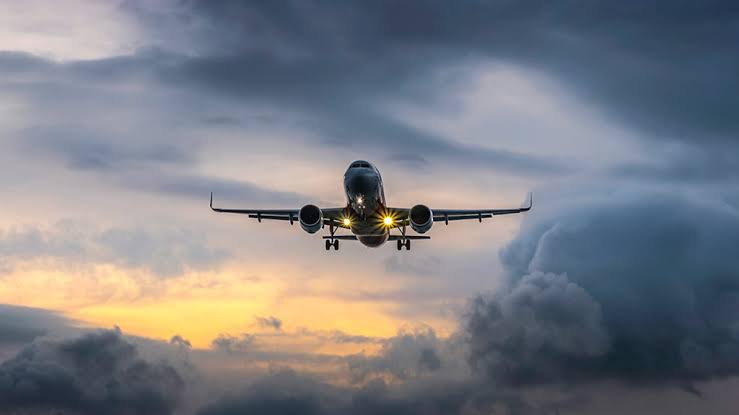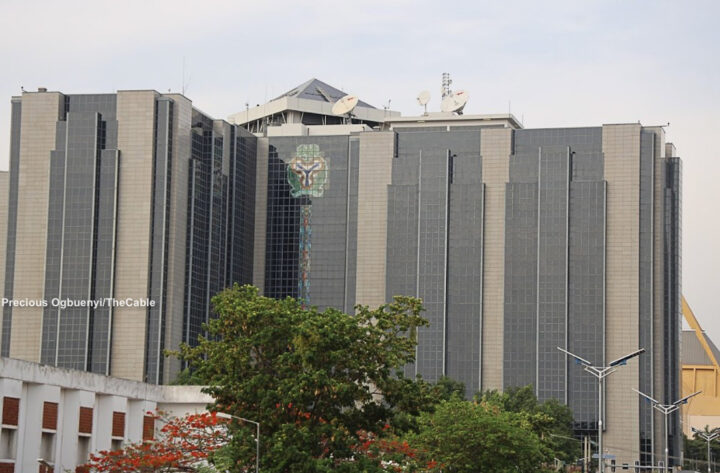The International Air Transport Association (IATA) says passenger demand in Africa increased by 6.7 percent in February 2025.
In its latest report, the IATA said the continent’s air travel capacity also rose by 4 percent from February 2024.
“African airlines saw a 6.7% year-on-year increase in demand. Capacity was up 4.0% year-on-year. The load factor rose to 75.3% (+2.0 ppt compared to February 2024),” the association said.
The group said globally, total demand — measured in revenue passenger kilometers (RPK) — went up by 2.6 percent compared to the same period last year.
Advertisement
“Total capacity, measured in available seat kilometers (ASK), was up 2.0% year-on-year. The February load factor was 81.1% (+0.4 ppt compared to February 2024),” IATA added.
“International demand rose 5.6% compared to February 2024. Capacity was up 4.5% year-on-year, and the load factor was 80.2% (+0.9 ppt compared to February 2024).
“Domestic demand fell 1.9% compared to February 2024. Capacity was down 1.7% year-on-year. The load factor was 82.6% (-0.2 ppt compared to February 2024).”
Advertisement
Willie Walsh, IATA’s director-general, said the traffic growth decrease in February can be explained by factors including the leap year, and lunar new year falling in January compared to February last year.
He said February traffic hit an all-time high, adding that the number of scheduled flights will continue to rise in March and April.
“But we need to keep a close eye on developments in North America, which saw falls in both domestic and international traffic,” Walsh said.
“The recent shut-down of Heathrow reminded us once again that the current passenger rights regime in place in Europe and the UK is not fit for purpose. The annual costs of compensation, care and assistance run into the billions.
Advertisement
“Thankfully, the Polish Presidency of the EU has recognized that this is a drag on European competitiveness and is progressing much-needed and long-anticipated reforms to EU261.”
Walsh said while many of the proposed reforms are sensible, the package falls short of a real solution.
“Even with the reforms, EU261 will still target the airlines with penalties even if the root cause of delays is an infrastructure incident out of their control—like we saw at Heathrow,” the director-general said.
“Over two decades of EU261 have not seen a reduction in delays because infrastructure providers have no incentive to improve their game. Sadly for European travelers, we are likely to see this play out again in this summer’s peak travel season.”
Advertisement
He said genuine reform of European Union regulation (EU261) must ensure that all parties responsible for delays share in the consequences.
According to the report, international RPK growth moderated to 5.6 percent in February year-on-year, down from 12.3 percent in January.
Advertisement
However, the IATA said the growth meant that all regions — except North America — established record February levels of demand.
Advertisement






